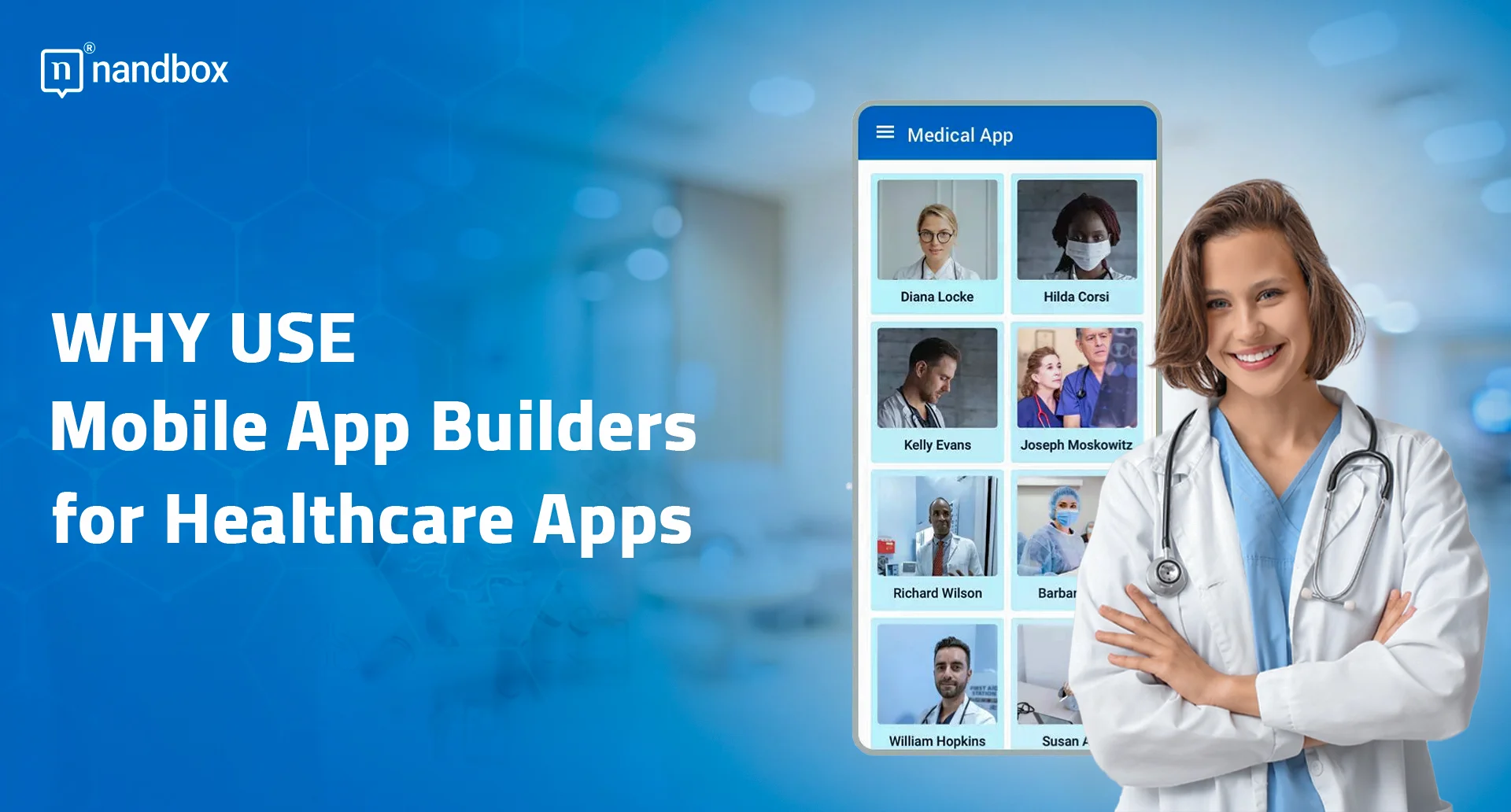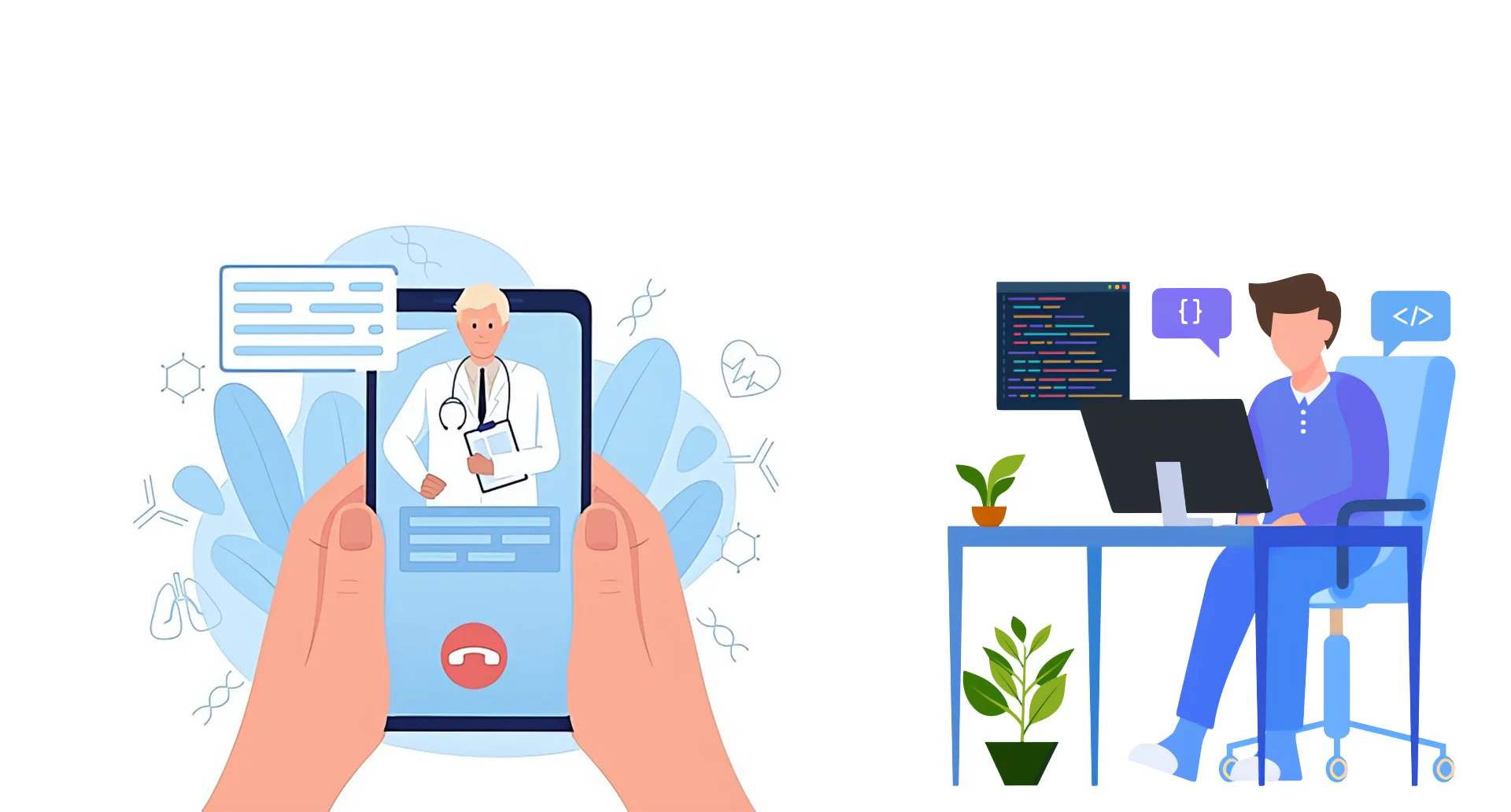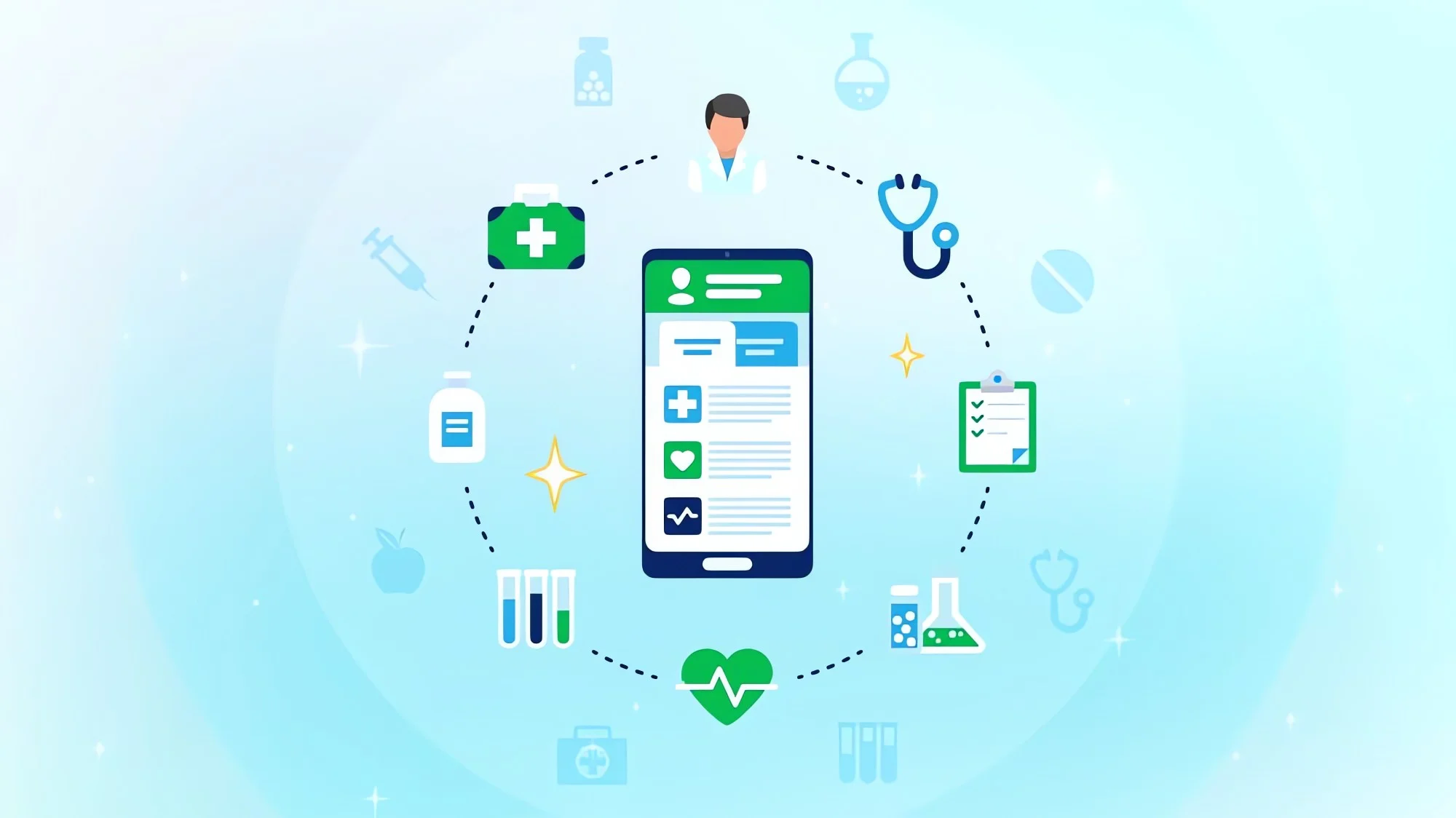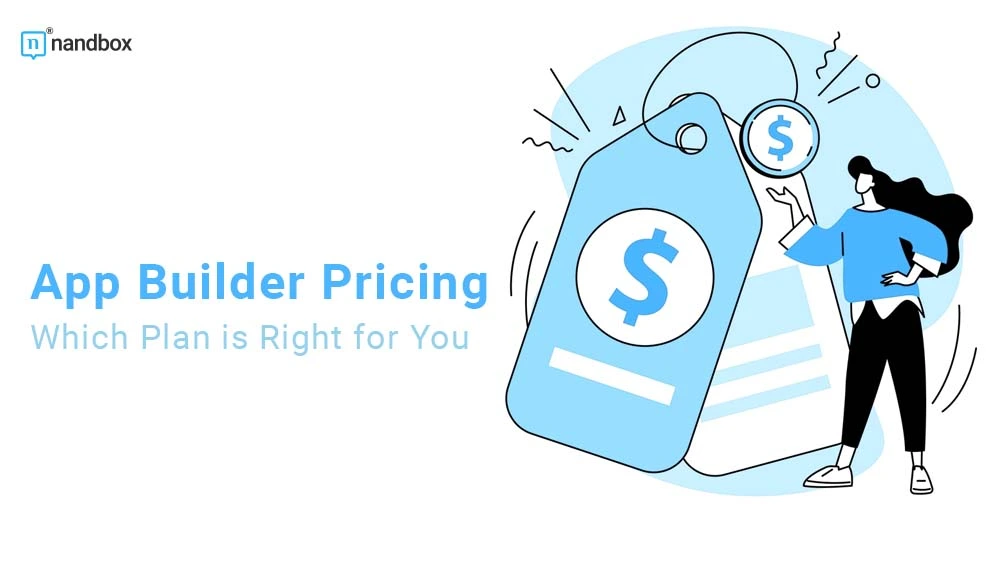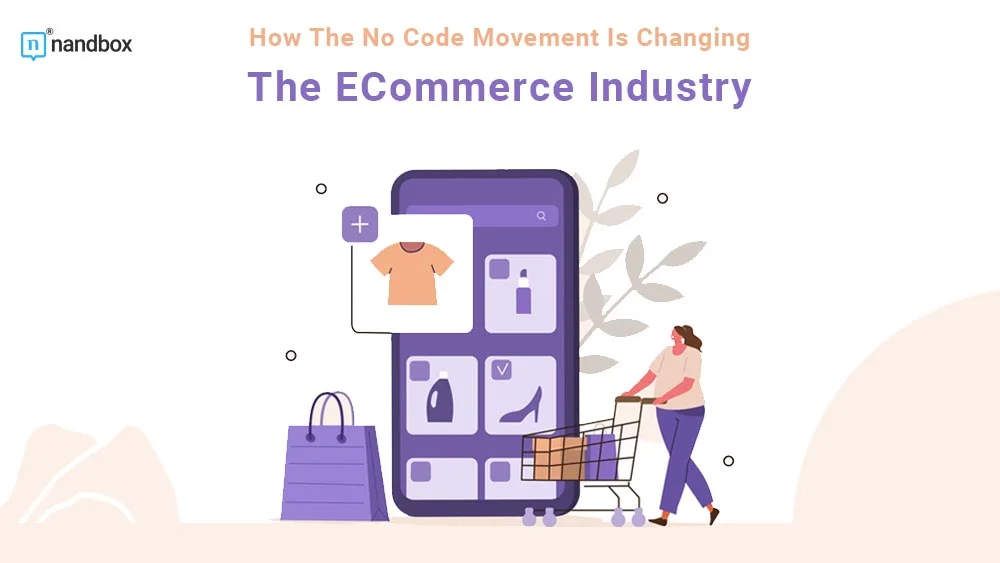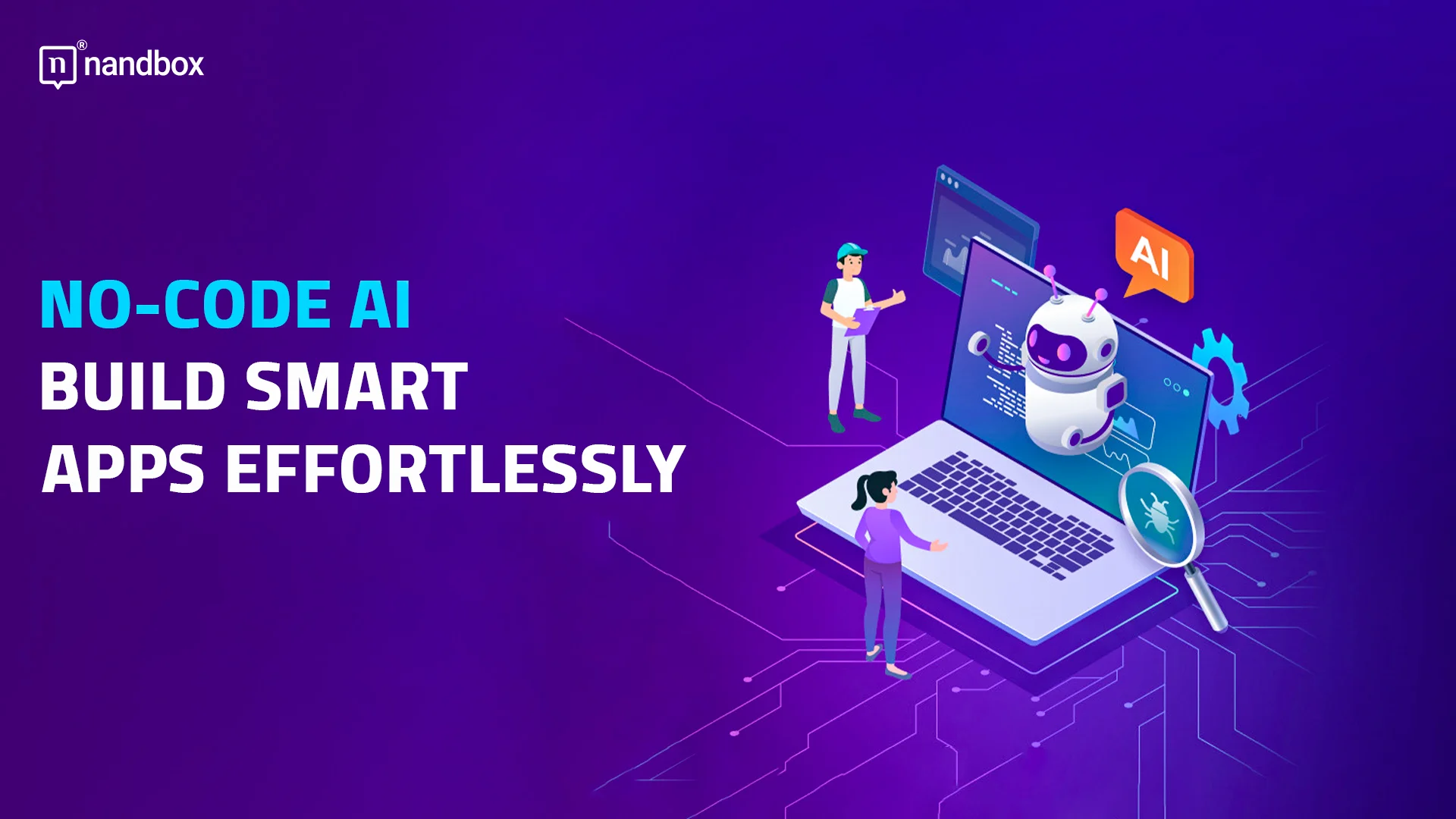In the past, all healthcare-related technologies were all about clinical beds with technological aspects, machines, and advanced ways of testing someone’s biopsies or blood samples. Nowadays, in the health industry, things have shifted greatly. How so? Let me tell you. With mobile apps on the rise to become the language that everyone is speaking in this 21st century, things have taken a drastic, or shall I say, great leap to the future. Nowadays we have something that is called mobile app builders for healthcare apps. What is that? Well, this is what this guide is all about. From introducing you to all these new mobile app enhancements to understanding the new features that will facilitate the lives of doctors, caregivers, and patients alike, this guide has it all.
It is no longer a future-related dream to have technology intersect efficiently with the healthcare industry. This is happening now and in a great and efficient way as well. Ever noticed how we evolved to the extent of texting our doctors on apps for a consultation or a follow-up instead of calling them or going to the clinic specifically? That is the magic of today’s healthcare apps and believe me, this is just the tip of the iceberg. The demand for better, faster, and more accessible healthcare is greatly increasing.
Additionally, mobile apps are stepping up to the stage and taking the spotlight as the best means of creating that magical bridge between the healthcare industry and technological advancements. The days of healthcare being a long wait at the doctor’s waiting room or being a painful experience of having to wait on the phone for booking an appointment are long gone. Today, it’s about instant answers, seamless experiences, and having a mini doctor’s office in your pocket.
The Process of App Development Evolution: How Did It All Happen?
But how did we get here, and why is 2025 shaping up to be such a revolutionary year for healthcare apps? Mobile app builders are at the heart of this transformation. These platforms have taken the complexity out of app development. They are making it possible for even the smallest clinics to launch high-quality, user-friendly apps. They’re not just changing how apps are built; no, they’re also redefining how healthcare is delivered. Let’s dive into why these tools are becoming indispensable in this new digital era of healthcare.
What makes these platforms amazing is that they aim to fortify the whole citizen developer movement. What is that? Well, it’s a simple movement that rose to the surface in order to eliminate the limitations of programming or coding knowledge obtaining in order to develop or create an app. There are a lot of people like myself for example, who studied marketing and translation and who have no idea how to write a single line of code. These are called citizen developers. Ones who have efficient and amazing app ideas but no means of executing or implementing them.
Now that it’s possible thanks to app builders that are no-code or low-code, things are getting easier. Now, you can access a platform like nandbox’s native no-code app builder, sign up, and start creating an app through a simple drag-and-drop interface. No coding or programming needed. Now that is something that I love about today’s technological evolution era.
Why Mobile App Builders Are Crucial for Healthcare Today?
Think about this: if a healthcare provider wants to create an app, what’s the first challenge that they can meet? It’s usually cost and expertise. Building an app from scratch involves assembling a team of skilled developers, creative designers, and meticulous project managers. Not to mention the endless rounds of approvals, testing, and debugging. Oh, and don’t forget the ridiculous price tag that comes along with the process. This tag can soar into the tens or even hundreds of thousands of dollars. And the timeline? It’s not unusual for the process to stretch over several months.
In other cases or app scenarios, the stretch can last for a year or maybe even years. For many healthcare providers, particularly smaller clinics or independent practitioners, this feels like trying to climb Everest without a guide, proper gear, and, for the sake of proper exaggeration, oxygen. Enter mobile app builders, the giants of simplifying the process of app development. They’re here to shoulder the heavy lifting and guide you to the summit easily and without losing your breath in the process.
Mobile App Builders for Healthcare Apps: How Do They Simplify the Whole Process?
Mobile app builders simplify what used to be a Herculean task. They make us all go from zero to hero just like Disney’s Hercules. How? By providing us with a user-friendly platform where creating an app is as intuitive as dragging and dropping elements or features into place. Imagine it like assembling a LEGO set. One where you follow a blueprint, and before you know it, you’ve built something impressive that you never thought you could be able to. These platforms also come equipped with pre-designed templates. nandbox no-code app builder offers a vast library of pre-made app templates, including a pre-made healthcare app template.
Ones that are tailored to specific industries. Including healthcare. So, whether you’re running a rural clinic aiming to offer telemedicine services or a bustling urban hospital looking to streamline appointment scheduling, you’ll find tools specifically designed to meet your needs. And here’s the best part: you don’t need a computer science degree to make it happen. No complex coding and no jargon-filled manuals. Simply, you get straightforward tools that anyone can use.
Mobile App Builders for Healthcare Apps: What Are the Benefits You Get?
The benefits of mobile app builders go far beyond convenience. They offer a level of flexibility and adaptability that traditional development methods simply can’t match. In a world where healthcare regulations and patient needs evolve faster than you can say “healthcare,” being able to swiftly tweak or expand your app is considered a game-changer.
Need to integrate a new telehealth platform? Done. Need to update features to align with revised privacy laws? Easy. App development through mobile app builders are tools that ensure your app stays relevant and functional without requiring an overhaul every time something changes.
In 2025, these platforms are not just helpful; they are rather essential. As patient expectations for digital experiences continue to rise, healthcare providers who embrace mobile app builders for healthcare apps will find themselves not only keeping pace but also leading the charge of it all.
Empowering Small Clinics and Large Hospitals Alike
Once upon a time, only big hospitals with deep pockets could afford cutting-edge digital tools. Small clinics were left to play catch-up, relying on outdated methods that frustrated both staff and patients. But mobile app builders have flipped this script, turning healthcare’s David-and-Goliath story into one where everyone wins equally.
Picture this: A small, rural clinic uses a mobile app to offer telemedicine services. Farmers in remote areas no longer need to travel hours for a checkup. Instead, they can connect with a doctor through their phones. At the same time, a bustling urban hospital uses an app to streamline patient flow, integrating features like real-time scheduling and electronic health records just like best ehr systems for small practices (EHRs). The magic? Both apps can be built using the same platform; no tricks applied, I promise.
Mobile app builders offer scalability. This little thing enables apps to grow alongside the organization. From managing a small group of patients to serving an entire city. These platforms are equipped to handle it all. They level the playing field, proving that delivering exceptional care isn’t restricted by any budget or corporate size.
Mobile App Builders for Healthcare Apps: Key Features to Use
If you’re wondering what makes these platforms so special, let’s break it down. Mobile app builders aren’t just generic tools or basic ones like many think. They’re enhanced tools that can help evolve the healthcare industry and help developers overcome any challenges that come along with the process.
Here’s a quick rundown of what you can expect from
- Telemedicine Integration: Video consultations are no longer just for specialists. As a matter of fact they’re for everyone. From family doctors to mental health counselors.
- E-Prescriptions: Say goodbye to all the gibberish handwriting on prescriptions that doctors bless you with. Apps can now send prescriptions directly to pharmacies. This will make life easier for everyone.
- Health Monitoring: Wearables are all the rage, and app builders make it easy to integrate real-time data like heart rate, steps, and even blood pressure with your wearable device.
- Secure Messaging: Privacy is king in healthcare. With built-in encryption and HIPAA compliance, patients can chat with providers without any data leakage or breaching worry.
- Appointment Management: Forget playing phone tag to schedule an appointment. Patients can book, reschedule, or cancel at their convenience using simple taps on their phone screens.
Examples of Real-World Applications in Healthcare
Let’s step into the real world for a moment and see these tools in action. From mental health to chronic disease management and even post-surgery recovery. Mobile apps are reshaping the healthcare landscape one download at a time. These apps aren’t just convenient; they’re lifesavers for millions of patients who can now access healthcare in ways that were unimaginable a decade ago. Here are some real-life examples that you can read to understand more.
- Mental Health Apps: Ever heard of apps like BetterHelp or Talkspace? These platforms have transformed how we approach mental health by making therapy as accessible as ordering a pizza. Whether it’s video calls, chat-based sessions, or guided meditations, they meet users where they are, and that’s quite literally. Thanks to mobile app builders, smaller mental health practices can now create their own apps with similar functionalities. Imagine a local therapist offering a branded app where patients can schedule sessions, access mindfulness exercises, and even receive gentle reminders for follow-ups. This customization makes therapy more affordable and deeply personal, breaking down the barriers of stigma and cost.
Additional Examples for Your Understanding
- Chronic Disease Management: Managing chronic conditions like diabetes has never been easier, thanks to specialized apps. Picture this: You wake up in the morning, check your blood sugar using a device synced to an app, and instantly receive recommendations for meals and exercise. Later, the app reminds you to take your medication and schedules a virtual consultation with your doctor, all without you stepping out of your home. These apps not only reduce the need for frequent doctor visits but also empower patients to take charge of their health. Mobile app builders allow healthcare providers to integrate features like dietary advice, fitness tracking, and even community forums, where patients can connect and share experiences.
- Post-Surgery Rehabilitation: Recovering from surgery is no small feat, but physical therapy apps are making it a smoother journey. Imagine an app that sends you daily reminders for exercises tailored to your surgery type, complete with video demonstrations. These apps often include progress trackers, allowing patients and healthcare providers to monitor recovery in real time. Clinics can use mobile app builders to design these apps to cater to their specific patient base, such as offering different exercise routines for knee replacements versus shoulder surgeries. This not only improves patient outcomes but also reduces the burden on physical therapy centers, as more patients can perform their exercises at home without constant supervision.
Mobile App Builders for Healthcare Apps: How are They Enhancing Patient Experience?
What’s the number one complaint patients have about healthcare? It’s often the lack of convenience. Long waits, confusing paperwork, and difficulty accessing medical records can make healthcare feel like a chore. The whole experience can sometimes feel like navigating a maze blindfolded. But what if it didn’t have to be this way? What if healthcare could feel as seamless as ordering your favorite coffee or booking a cab?
Mobile app builders are flipping the script, turning healthcare apps into patient-first experiences that truly put users in the driver’s seat. Imagine opening an app that doesn’t just display your medical records but also knows your preferred doctor, suggests personalized health tips, reminds you to take your medication, and even sends gentle nudges for preventive checkups. It’s like having a personal assistant who also happens to be a health expert, working 24/7 to keep you in top shape.
But the magic doesn’t stop there. These platforms are also making healthcare apps more inclusive than ever. Features like voice commands, larger fonts, high-contrast visuals, and multilingual support ensure that everyone can navigate them with ease. It includes everyone from professional and tech-oriented millennials to older patients who might shy away from tech. Whether you’re scheduling an appointment, viewing lab results, or chatting with a healthcare provider, these apps make the process simple and stress-free.
The Role of AI in Healthcare App Builders
Artificial intelligence (AI) and machine learning (ML) aren’t just words that are currently trending. No, as a matter of fact, they’re the driving forces behind a healthcare revolution. These technologies are making healthcare apps smarter, faster, and more personalized. This helps in enabling providers to deliver care that’s not just reactive but proactive. When you combine the analytical power of ML with the intuitive adaptability of AI, mobile apps can offer solutions that were unthinkable just a few years ago.
Let’s break this down. AI chatbots are already transforming the way healthcare organizations interact with patients. These chatbots operate 24/7, answering everything from routine queries like “What’s my appointment time?” to more nuanced questions like “Are these symptoms serious?” No more waiting on hold or navigating confusing call menus. AI provides instant support. I know that some people won’t depend on it to give them accurate answers; however, these chatbots can also connect you with someone (a human) to chat with if they don’t have enough knowledge regarding your inquiry.
Mobile App Builders for Healthcare Apps: The Role of Machine Learning
But that’s not all of it still. Machine learning takes it further by analyzing patient data over time, identifying trends and risks that may not be immediately obvious to a human. Imagine an app that notices subtle changes in a patient’s health metrics and flags a potential issue before it becomes a full-blown problem. For example, a diabetic patient could receive an alert about an impending blood sugar spike based on their activity, diet, and past data. That’s not just helpful; it’s life-saving.
The potential is immense. Imagine future apps that not only track your health but also recommend tailored lifestyle changes, predict complications, and even schedule follow-ups automatically. With AI and ML in healthcare, the industry is moving towards hyper-personalized care where every app becomes a pocket-sized doctor’s office, tailored just for you. By 2025, these technologies won’t just be enhancing apps; they’ll be redefining what we think of as healthcare itself. For patients and providers alike, the future looks smarter, healthier, and a whole lot more connected.
Future Trends in Healthcare Apps and Mobile App Builders
The future of healthcare apps is not just one that is exciting; it’s what I like to call transformative. In 2025, we’re heading toward a landscape where healthcare apps will no longer simply assist healthcare providers and patients; they’ll become integral to the entire healthcare ecosystem, fundamentally reshaping how we approach health and wellness. This shift will not only improve convenience and efficiency but also bring about unprecedented personalization and accessibility in healthcare services.
Here’s a glimpse into some of the revolutionary trends on the horizon:
- Wearables Integration: Wearable devices like smartwatches, fitness bands, and even advanced biosensors will be more than just trendy gadgets. They’ll provide a steady stream of real-time health data—monitoring heart rates, oxygen levels, and even stress patterns. Apps will seamlessly sync with these devices, analyzing and presenting this data in actionable formats for both users and healthcare providers. Imagine an app that not only alerts you to abnormal vital signs but also suggests immediate actions like scheduling a doctor’s visit or adjusting your routine. Think Apple Watch, but smarter and tailored specifically to your unique health profile.
More Trends to Know About and Expect in The Future
- Blockchain for Transparency: The buzz around blockchain isn’t just for cryptocurrency enthusiasts. In healthcare, blockchain will revolutionize how medical records are stored and shared. Using this technology, patient records could be encrypted and stored securely while allowing access only to authorized personnel. Patients will have complete control over their data, deciding who gets to view it and when. This ensures transparency, reduces errors, and builds trust. Picture a scenario where switching doctors or hospitals becomes seamless because all your records are securely stored on a blockchain network, ready to be shared with a single tap.
- Voice and Gesture Interfaces: Convenience is king, and the future of healthcare apps will embrace voice and gesture controls to make interactions faster and more intuitive. Booking appointments, checking symptoms, or accessing medical records could be as simple as saying, “Doctor, next Tuesday at 10 AM,” or waving at your phone to open your patient portal. This feature will particularly benefit patients who are of old age and those with limited mobility, making healthcare apps more inclusive and accessible.
These trends aren’t just futuristic dreams; they’re challenges that mobile app builders are already gearing up to meet. Platforms are incorporating tools to integrate advanced wearables, blockchain protocols, and user-friendly interfaces. That is, to ensure that healthcare apps remain at the forefront of innovation. As these trends take off, mobile app builders will play a critical role in shaping a healthcare experience that’s not only smarter but also more compassionate and human-centered.
How to Create a Healthcare App Using ChatGPT without Coding On a Budget
Ever wondered how to create a healthcare app using ChatGPT? With nandbox App Builder GPT, you can build both iOS and Android native apps using ChatGPT without coding. Just describe what you want in ChatGPT, and once you finish the conversation, the GPT instantly gives you a direct link to nandbox, where your app is already generated and ready to be customized or published. nandbox allows you to create fully functional native healthcare apps on a budget. Our Premium Plan is the best pricing plan to create a healthcare app with all the essential features and launch it on both Android and iOS.
To Wrap Things Up!
By 2025, mobile app builders won’t just be tools—they’ll be partners in delivering exceptional healthcare. They’re enabling providers to create apps that are smarter, faster, and more patient-focused than ever before.
If you’re in the healthcare space and wondering where to start, look no further than nandbox’s native no-code app builder. It’s your ticket to creating a world-class app without the hassle of traditional development. From telemedicine to AI-powered features, nandbox has you covered. Ready to redefine healthcare? Sign up now and build native iOS and Android healthcare apps without coding!
In Summary:
- Shift in Healthcare Tech: Transition from traditional clinical tools to mobile healthcare apps, bridging technology and healthcare.
- No-Code Platforms: App builders empower citizen developers (non-coders) to create healthcare apps with ease.
- Cost-Effective Solutions: Eliminate the need for costly, complex app development; suitable for small clinics and large hospitals alike.
- Key Features:
- Telemedicine integration
- E-prescriptions
- Real-time health monitoring
- Secure messaging
- Simplified appointment management
- Benefits:
- Fast adaptability to evolving healthcare needs
- Enhanced patient experience with convenient and accessible digital solutions.
- Real-World Applications:
- Mental health platforms like BetterHelp
- Chronic disease management apps for diabetes
- Post-surgery rehabilitation tools
- Impact on Patients: Apps offer seamless access to medical records, reminders, and personalized health recommendations.
